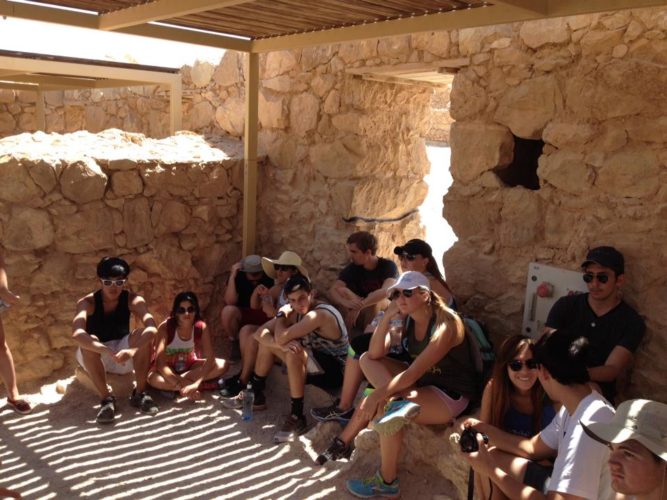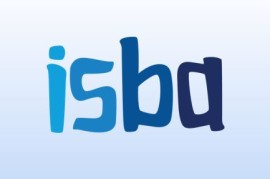I have had a crash course in Middle East politics within the past five days, especially about the Israeli-Palestinian conflict. I had a very shallow understanding of the conflict coming into my study abroad but since the beginning of “Operation Protective Edge*,” I feel as if I’ve become an expert on the topic.
*Operation Protective Edge is an Israel Defense Forces operation in the Palestinian Gaza Strip, launched on July 8, 2014.
On our way back from the Dead Sea, our tour guide and Adam, the person in charge of us, told us that it was possible we would hear sirens indicating incoming rocket fire in Tel Aviv that night or the next morning. Some of us took the threat seriously and others thought the possibility of sirens was far fetched.
Sure enough not even an hour after we got back to Tel Aviv, the sirens went off. At first we weren’t sure if it was the siren or an ambulance. But after a few moments we realized it was the siren and headed to the staircase for shelter.
The Iron Dome is honestly the most fascinating piece of technology I’ve ever encountered. It intercepted those rockets over Tel Aviv and all the ones we’ve experienced since being in Israel. The fact that it can detect whether a rocket is going to hit a populated area and intercept the rocket all within a very short amount of time is both life-saving and incredible. Being in Israel during time of conflict has been both challenging and a learning opportunity. I feel as if I have a completely different view on the world and how lucky we are to live in a country where our borders aren’t threatened on a daily basis.
Sara Jackson is a sophomore at the Olin Business School and a member of the first class in Olin’s Israel Summer Business Academy.







 Over the next six weeks, we’ll be posting news, views, and insights from ISBA students on the Olin Blog. Check back often to see where this new academic adventure takes us!
Over the next six weeks, we’ll be posting news, views, and insights from ISBA students on the Olin Blog. Check back often to see where this new academic adventure takes us!